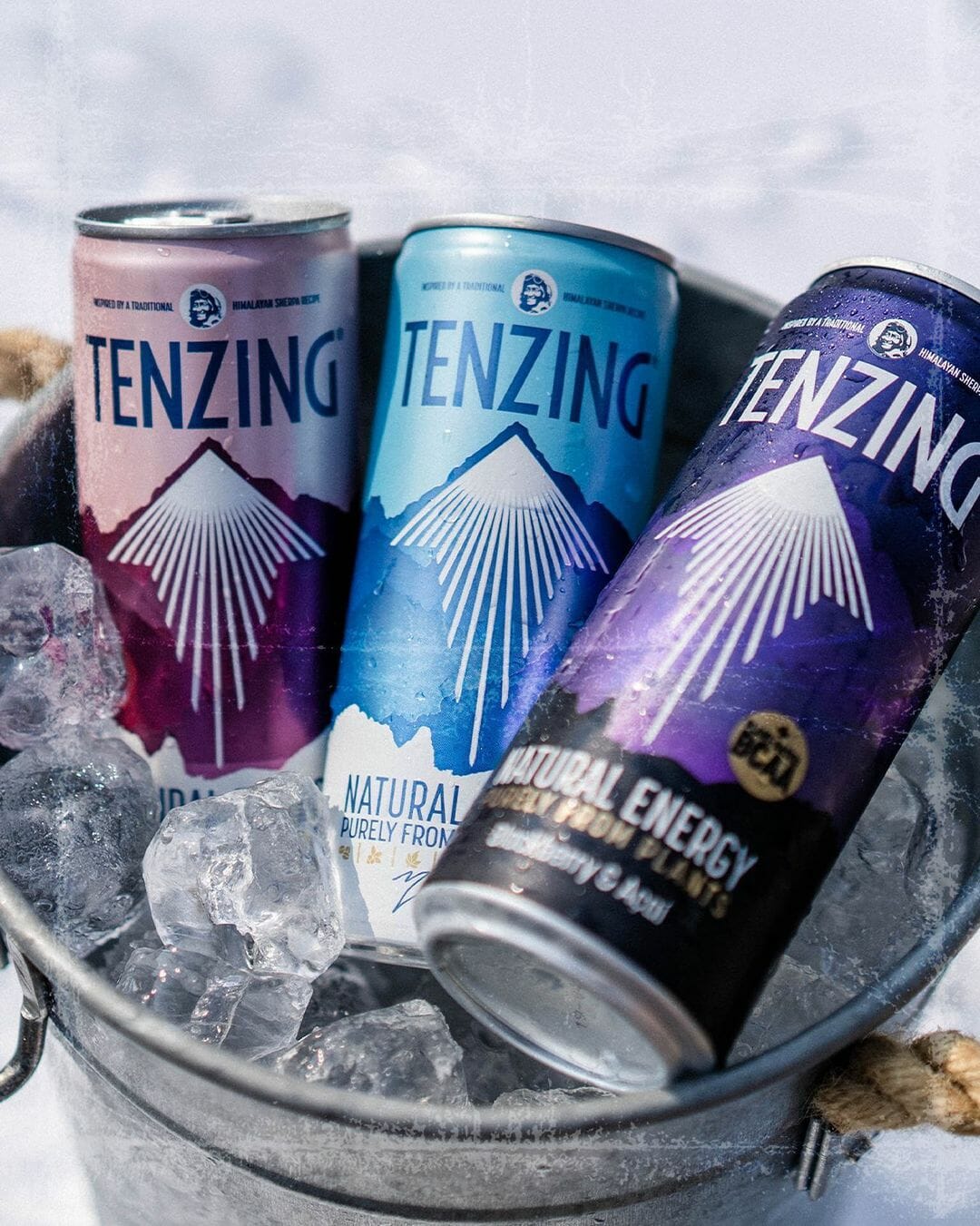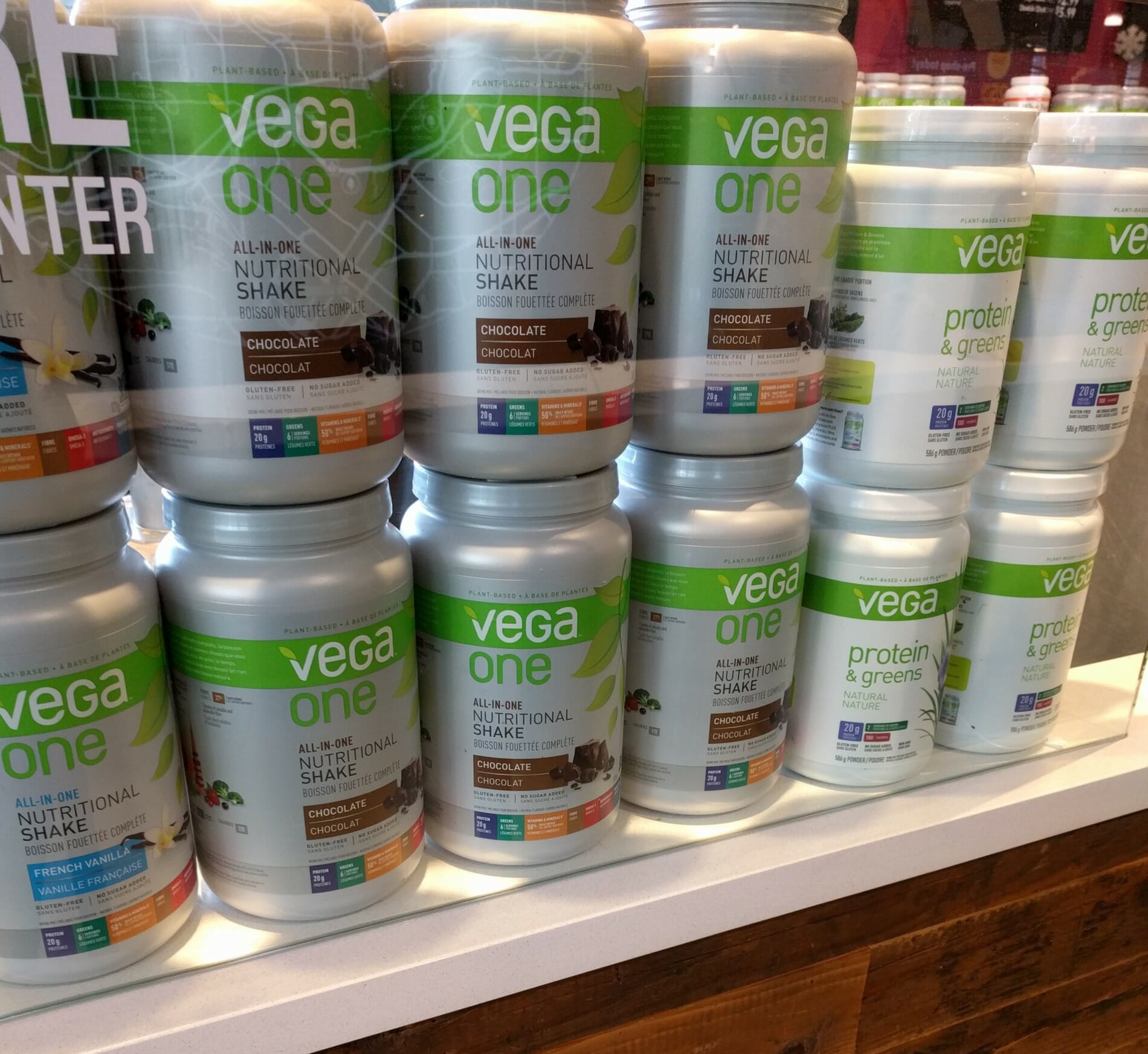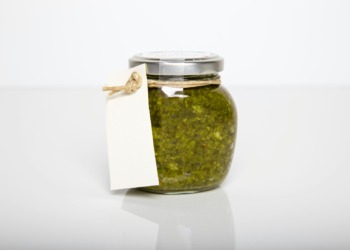As society continues to come to grips with the effects and consequences of the COVID-19 pandemic, the importance of a healthy and well balanced diet has never been more apparent. During my time as a personal trainer the number one question I was frequently asked was, what supplements should I take?
This is certainly a loaded question as nutrition is not a one size fits all process. With that said, building on a healthy diet and regular workout routine with supplements can lead to great results. As with diet however, there are certain pitfalls to be aware of – number one among them is avoiding synthetic and chemically produced ingredients that are likely to offset the hard work you’ve put into eating clean food.
Here are my top three recommended supplements to give you that little extra kick pre and post workout.
Caffeine
Certainly one of the most heavily consumed stimulants amongst the global adult population, caffeine has been shown to have significant positive effects on training performance and recovery.
The primary benefits of caffeine include fat burning, endorphins release and an activation of the nervous system which can improve focus and energy whilst decreasing fatigue. The two most heavily consumed forms of caffeine are coffee and tea, but for the purpose of training, energy drinks or shots tend to be more popular.
Having personally tried numerous caffeine supplements, the most refreshing and beneficial plant based product that I have come across has been Tenzing.

Inspired by Sherpa Tenzing, who alongside Sir Edmund Hillary became the first two climbers to summit Mount Everest, the drink is offered in three different flavors and is 100 percent plant based. In addition to its caffeine content, which is 80mg per can and derived exclusively from coffee beans, green tea and guarana, Tenzing includes several electrolytes and a good shot of Vitamin C.
On the environmental front, Tenzing’s cans are completely recyclable and are free from BPA (an industrial chemical used in the production of certain plastics). Tenzing also invests 5 percent of it’s annual profits into environmental projects – such as providing bins to alleviate litter than is left in the Himalayas; and teaming up with air quality experts at King’s College London to create a clean air tracker, which syncs up with the Strava app to show the live air quality score of the user’s route, raising awareness about the air pollution in London.
Whilst Tenzing is my personal favourite in the natural energy drink market, other great alternatives include Virtue Yerba Mate and Aspire Healthy Energy Drinks, both of which are fully plant based, recyclable and also contribute greatly to environmental charities.
Protein
Hands down the most popular supplement available on the market as a post training drink and for good reason, as protein comes in a wide variety of forms.
Usually found in a powder form, protein can be derived from multiple different sources with the most popular being Whey protein, which is derived from dairy. There are, however, several great plant based alternatives including pea, hemp and soya protein sources.
Of the three, hemp has the lowest portion of protein per one-ounce scoop with just 12.6 grams compared with 23 grams and 24 grams for soya and pea respectively. In addition to the lower protein content, hemp is also higher in carbohydrates with 7 grams per ounce and fat with 3.4 grams per ounce.
As expected with such a hugely popular supplement, finding the right supplier can be tough. Most major brands now offer plant based products but, due to their often limited scope of product ranges, very few are fully sustainably sourced and produced. One brand that is 100 percent sustainably sourced whilst remaining delicious is Form plant based nutrition.
Form is a Certified B Corporation meaning they are a new kind of business that balances purpose with profits and are legally required to consider the impact their decisions have on their workers, customers, suppliers, community, and the environment. Form also has a fantastic link with the Bansang Hospital in Gambia via their form feeding fund, which pledges a meal to the hospital every time a Form product is sold.

CBD
Whether you are new to training or a seasoned gym goer, chances are you are likely to have heard of CBD. As a product CBD has really taken off in the past five years with continued and in-depth research suggesting that the supplement can greatly reduce pain and inflammation.
CBD has become particularly popular with professional athletes with many Rugby, NFL and endurance athletes in particular vehemently promoting its benefits.
But what is the science behind CBD and is it as addictive as other pain relieving medication? The short answer is no. A 2018 study by the World Health Organization has indicated that CBD does not appear to have the potential for dependency or misuse, due to CBD not containing THC, which is the component in cannabis that gives the consumer the “high” effect which is often addictive.
The primary question surrounding CBD for most people is how much to take. Like any other supplement, it is not a one size fits all scenario. CBD comes in a variety of different strengths from very low to extremely high. Ultimately the best approach is to start off with a low strength and gradually build up over time – a great guide to the various strengths and dosages can be found here.
On the supplier front there are many great suppliers available online with a significant portion of them producing the product sustainably. If you are interested in taking CBD, as previously mentioned it is worth doing a little bit of research on which product will work for you from a strength perspective and therefore recommending a specific brand is something that I will steer clear of for the time being.
Whilst research in the benefits of CBD oil for widespread use for gym goers is still in its infancy in comparison to other supplements, speaking from personal experience CBD has been hugely beneficial with joint pain, muscle soreness and aiding sleep and therefore is very much recommended as a supplement choice for your gym bag.
Bonus Supplements
Despite not quite making the top three on this list, other highly beneficially supplements that come recommended are Omega 3 Oil, Collagen, ZMA and Creatine. All four supplements are aimed at aiding with recovery, but all have a variety of different effects on the body.
Omega 3 Oils and Collagen can be taken as part of a healthy daily diet without too many side effects for healthy individuals, whilst Creatine and ZMA are more performance based and have been known to have different effects on even healthy people. Creatine is often used to increase explosive power and add on muscle mass due to its ability to retain water, and therefore one is likely to experience a gain in weight but also strength.
ZMA or Zinc Magnesium Aspartate is a powerful combination of Zinc, Magnesium and Vitamin B and claims to benefit recovery, endurance, muscle growth, strength and sleep quality. In truth, studies have been conflicted about ZMA’s benefits, though research has also shown no major signs of dangerous side effects, and as such ZMA supplementation is decided on a case by case basis.
Editor’s Note: The opinions expressed here by Impakter.com columnists are their own, not those of Impakter.com. — In the Featured Photo: Post-run stretching. Featured Photo Credit: Stock Snap










